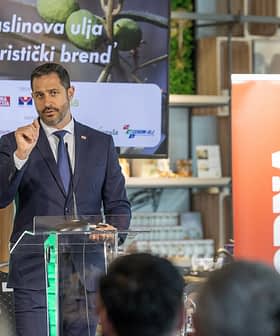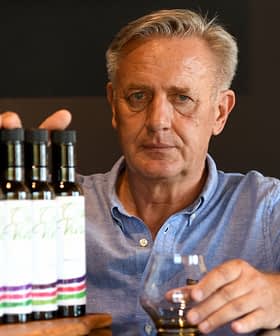One-third of a sample of 20 extra virgin olive oils in Croatia did not fulfill the requirements to be labeled as extra virgin olive oil, according to an investigation by the Croatian Ministry of Agriculture.
In the tests, 20 olive oils labeled “extra virgin” from Croatia and other countries of the European Union were examined for purity and quality. The tests included a chemical analysis of the composition of each of the 20 olive oils in a laboratory, as well as a taste test. The results concluded that six out of the 20 oils tested were not genuine extra virgin olive oil, and were therefore falsely labeled.
See Also:Articles on Olive Oil Fraud
Of the 20 olive oils, nine were produced in Croatia, and 11 were imported brands from other European Union countries. Thirteen of the oils were procured from supermarkets, and the seven others came directly from local producers. Of the olive oils that did not pass, four were produced in Croatia, while two were from Spain and Italy.
In Croatia, olive oil producers can be fined for falsely labeling their products, an amount ranging from 30,000 to 50,000 HRK ($4,284 to $7,140) for companies, and 5,000 to 10,000 HRK ($714 to $1428) for local producers.
The adulteration of olive oil by mixing it with other vegetable oils is unfortunately a common practice in many olive-oil-producing countries across the world. In similar tests carried out in Germany recently, half of 26 olive oils tested were declared defective, while in Italy 7,000 tons of olive oil sold as “100% Italian Extra Virgin Olive Oil” were mixed with other oils imported from other countries.
Many governments are examining how to combat food fraud and ensure consumer confidence in the quality of such products.








